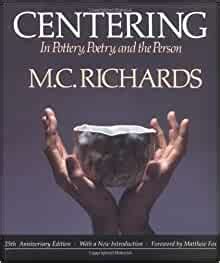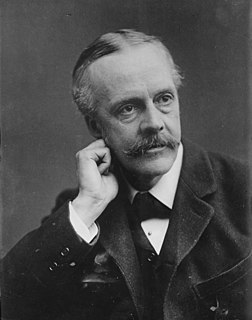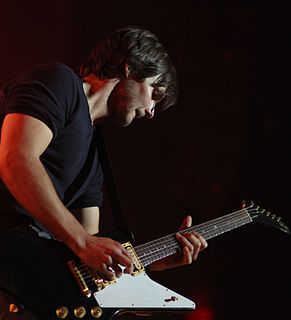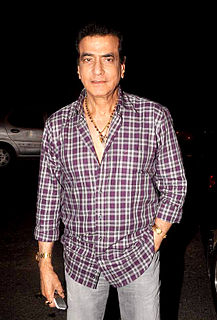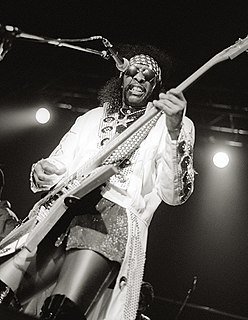A Quote by Sri Chinmoy
A musician's biography is written wherever he performs; everybody hears what he is playing.
Related Quotes
Biography always has fulfiled this role. Robinson Crusoe is a biography, as is Tom Jones. You can go through the whole range of the novel, and you will find it is biography. The only difference between one example and the other is that sometimes it's a partial biography and sometimes it's a total biography. Clarissa, for example, is a partial biography of Clarissa and a partial biography of Lovelace. In other words, it doesn't follow Lovelace from when he is in the cradle, though it takes him to the grave.
And with listening, too, it seems to me, it is not the ear that hears, it is not the physical organ that performs the act of inner receptivity. It is the total person who hears. Sometimes the skin seems to be the best listener, as it prickles and thrills, say to a sound or a silence; or the fantasy, the imagination: how it bursts into inner pictures as it listens and then responds by pressing its language, its forms, into the listening clay. To be open to what we hear, to be open in what we say. .
That certain feeling happened to me in a big way quite often with the first King Crimson. Amazing things would happen-I mean, telepathy, qualities of energy, things that I had never experienced before with music. You can't tell whether the music is playing the musician or the musician is playing the music.
Most people define themselves by what they do - 'I'm a musician.' Then one day it occurred to me that I'm only a musician when I'm playing music - or writing music, or talking about music. I don't do that 24 hours a day. I'm also a father, a son, a husband, a citizen - I mean, when I go to vote, I'm not thinking of myself as 'a musician.'
I am not sure, once a poet has found out what has been written already, and how it was written - once, in short, he has learnt his trade - that he should bother with literature at all. Poetry is not like surgery, a technique that can be copied. Every operation the poet performs is unique, and need never be done again.
Arnold Rampersad's stunningly revealing biography has, at long last, unveiled-in magisterial prose-the very complex and vulnerable man behind Ralph Ellison's own masks and myths. One of the nation's most brilliant writers emerges as all the more fascinating precisely because he was so very human. Painstakingly researched and compellingly written, Ralph Ellison is a masterwork of the genre of literary biography.



